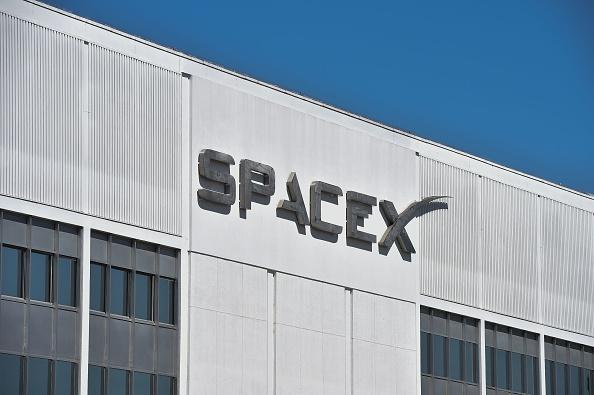SpaceX has received good news from India’s government with reports that its Starlink broadband service is to receive an “expedited” fast-track approval to operate in India ahead of Elon Musk’s visit to the country. Starlink was also authorised for use in Albania last week. However, there are doubts in some quarters over Starlink’s profitability.
Bloomberg, in a report, talks about Starlink losing “hundreds of dollars” on each of the near-3 million costly antenna terminals it has supplied to users.
One the positive side of the ledger Bloomberg says that SpaceX itself, which holds the rocket and Starlink businesses, is likely see overall sales of around $15 billion this year from $4.7 billion a year ago. Bloomberg says that SpaceX’s current investors expect the company to need to raise more cash or get a fresh infusion from Musk himself.
SpaceX’s weekend launch was managed with the 20th use of a Falcon 9 booster stage, a world’s record for the company. The launch means that there has been a total of 6,212 Starlinks launched of which 5,809 are still in orbit and 5,744 are considered by astrophysicist Jonathan McDowell.
The 20th launch means that SpaceX is halfway to matching the Space Shuttle’s record 39 orbital flights for its Discovery vehicle. The difference is that SpaceX used its Booster #1062 twenty times in just three-and-a-half years, while NASA’s most successful Space Shuttle flew for 27 years (from 1984 to 2011).
Booster #1062 during its lifetime – which no doubt will continue – launched a batch of satellites for OneWeb, Nilesat 301 as well as Arabsat’s BADR-8. It has also helped put eight astronauts and more than 261 metric tons into orbit. It last launched on March 16th, and therefore a turnaround from landing to re-flight in just 27 days.
These launch records tend only to last for a few weeks until they are surpassed! SpaceX has handled 38 orbital missions this year.
Meanwhile, SpaceX last week asked the FCC for an ‘experimental’ licence to cover the testing of 840 Direct-To-Cell satellites covering Australia (Optus), New Zealand (One New Zealand), Japan (KDDI), and Canada (Rogers). SpaceX explained that it intends to use a portion of its mobile partner’s authorised frequencies.

